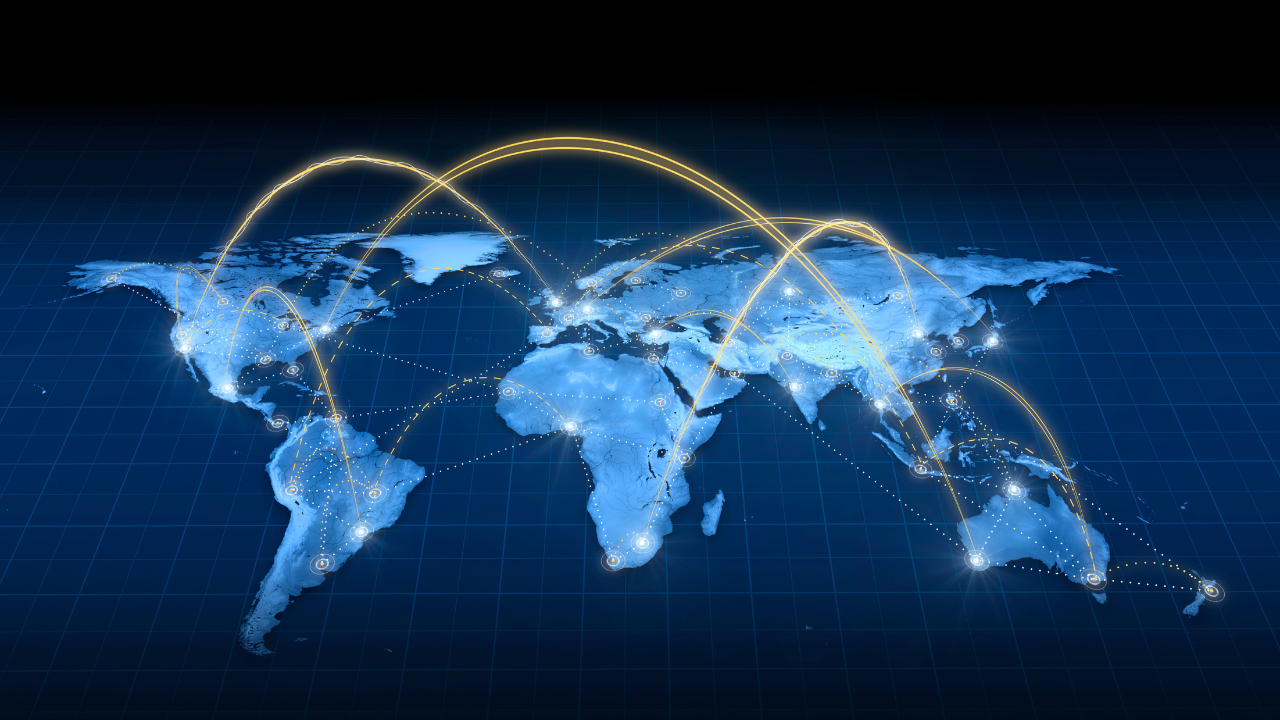Collective action removes obstacles in mass spectrometry research
Australian researchers are part of a thriving global effort that collectively works on projects, platforms and services to democratiseaccess to methods in computational MS.
By Dr Johan Gustafsson, Australian BioCommons
When I was a researcher working in mass spectrometry (MS) imaging, learning and effectively implementing computational approaches was fast becoming an unavoidable part of each research project. It was also painful due to the time, effort and confusion involved in self-directed bioinformatics learning (at least for me!), and a noted absence of software designed for the questions we were posing of our data. Fast forward to today and you can add scaling challenges caused by the growth in experimental sample numbers, as well as data complexity and size.
Luckily, Australian researchers are part of a thriving global effort that collectively works on projects, platforms and services that remove this pain by democratising access to methods in computational MS.
Nowhere is this more evident than Galaxy: a point-and-click cloud platform that enables software and workflows to be executed without knowledge of the command line and without worrying about how the underlying infrastructure works. A BoF (birds of a feather) session at the 2023 Galaxy Community Conference provided an opportunity for champions from the US, Europe and Australia to meet and make a renewed effort to connect MS experts across this global community.
We are currently aiming to maximise the size of the community, overcome the tyranny of distance, and accommodate time zone differences, all of which have been major blockers to effective collaboration in the past. The following solutions are also being implemented as part of this Galaxy for MS (G4MS) community.
Dedicated regional champions have been identified, who will regularly meet, and are responsible for further engaging and enriching their regional MS communities
The group is planning activities that directly benefit the global community, including regular community meetings commencing in 2024, a shared software list to harmonise the MS tools available across all public Galaxy servers, and a community page to make the effort visible.
The G4MS community connects experts to support collaboration and knowledge sharing, and seeks to tap into a community voice that can describe the evolving requirements of MS software, data and compute requirements, including how the Galaxy platform can respond. Global collaboration in this way will enable greater access to software and workflows, reduced replication of effort, a convergence on standards, and more time spent on science.
We’ve come a long way. Now it’s time to join the conversation, as part of the Australian computational proteomics and metabolomics communities!
ELIXIR-UK launch BioFAIR
BioFAIR is an exciting new digital research infrastructure that enables the compute resources of ELIXIR and partners to be provided to researchers throughout the UK.
BioFAIR is an exciting new digital research infrastructure that enables the compute resources of ELIXIR and partners to be provided to researchers throughout the UK. Backed by £34M in funding from UK Research & Innovation, BioFAIR will maximise the Findability, Accessibility, Interoperability, Reusability (FAIR) and Reproducibility of life sciences data and workflows. Here at the Australian BioCommons, we can’t wait to work alongside BioFAIR into the future!
The BioCommons’ ongoing partnership with ELIXIR-Europe (since 2020) gave us the chance to share tips and tricks to help the BioFAIR team draft up their proposal. Moving forward, BioFAIR plans to:
“…provide a set of national analysis platforms, in particular a UK Galaxy server and a cloud-based platform like NERC EDS, CyVerse or CLIMB. These general platforms should be complemented by developing dedicated solutions for research communities with an engagement process pioneered by the Australian BioCommons.”
We hope to find lots of opportunities to work with BioFAIR as they implement our engagement process, and are excited for future collaborations working towards our shared aims of enhancing digital life sciences research through providing world class compute resources and infrastructure.
Be sure to follow @BioFAIRUK on X, or find them on Mastodon @BioFAIRUK@mstdn.science, and stay tuned for more exciting updates from them moving forward!


